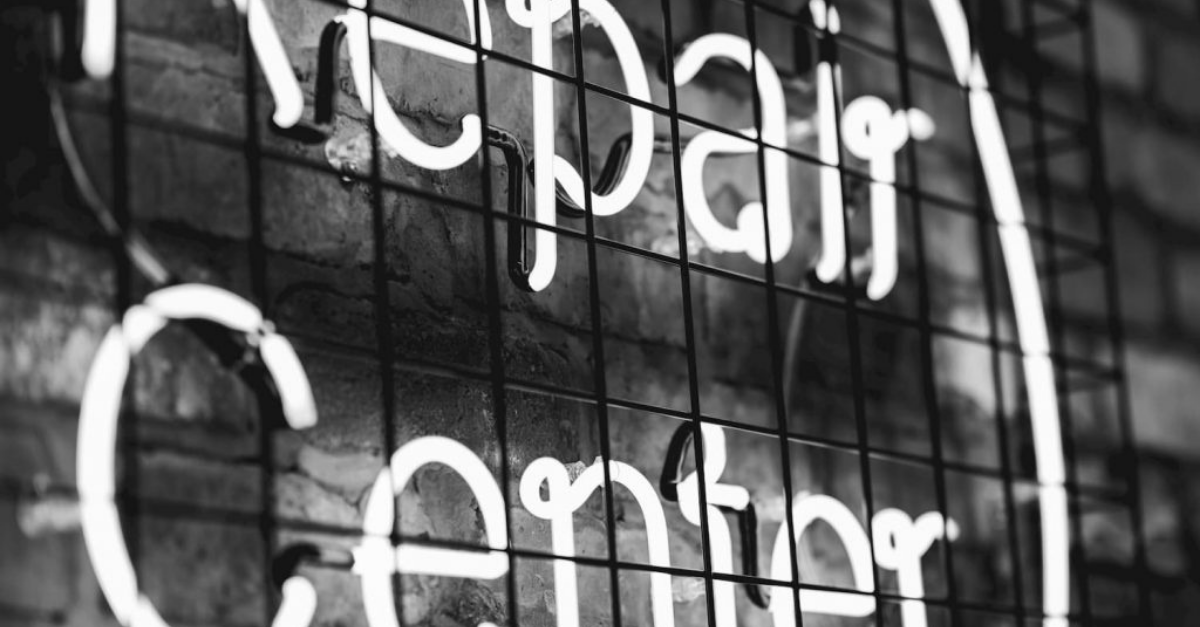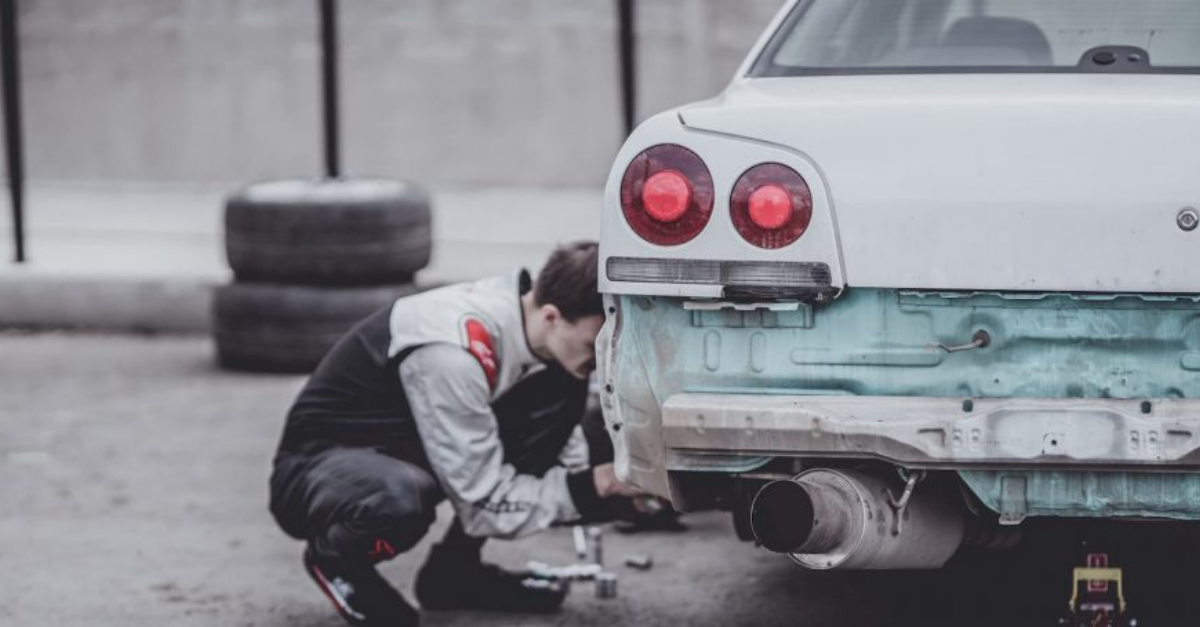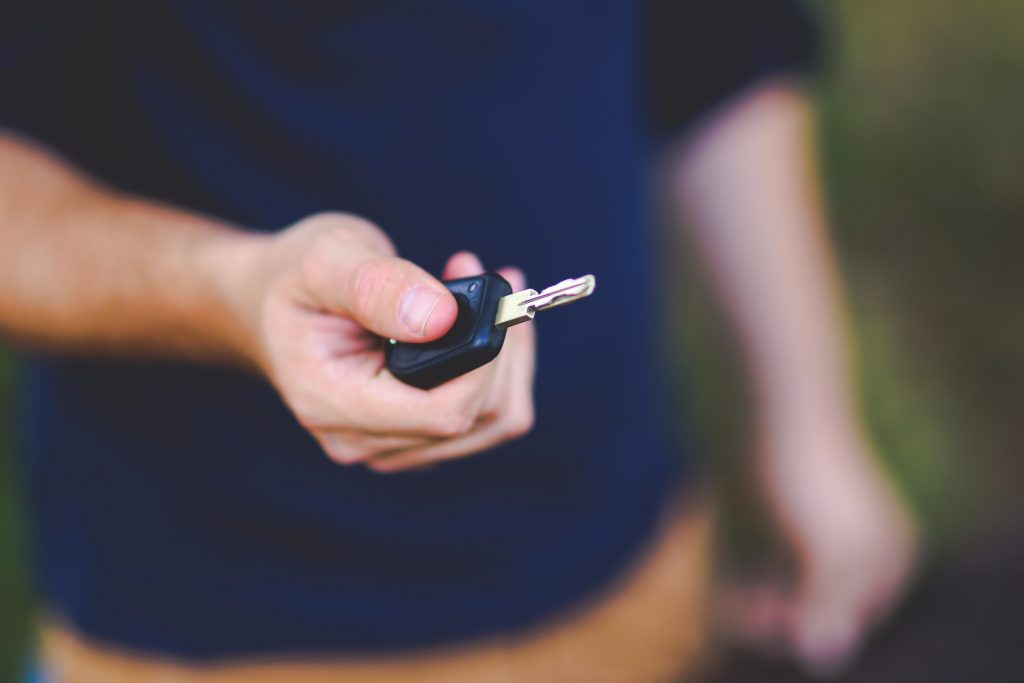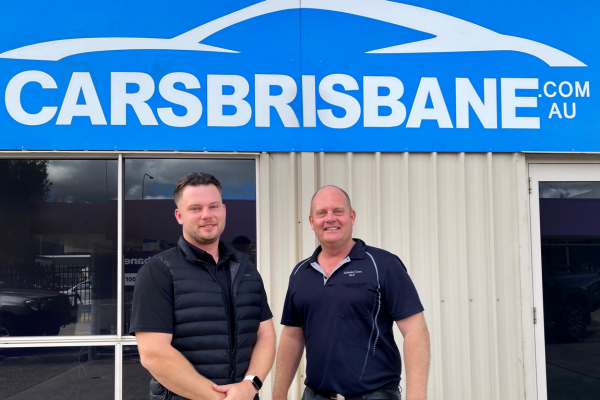Looking to sell a car that needs work?
Should you sell a car that requires work as-is, or have it repaired first? Here are some tips and considerations from expert car buyers.
This is a problem that many car-owners struggle with. Owners often neglect tell-tale signs of problems and drive on. This could be that funny ticking sound you drown out with the radio, the slight rumble when you turn a tight bend or the mysterious dark puddle in your driveway that appeared a few months ago. If you’re reading this thinking “this sounds like me”, don’t worry, you’re certainly not alone.
While it may not be an immediate issue (you hope), when it comes time to sell, a prospective buyer will notice these flaws and question them. It wouldn’t be unfair to assume that they won’t want a car that needs repairing straight away – not many would– but this being a used vehicle, they probably wouldn’t expect something in perfect condition either.
What should you do in this situation? We’ve explored a few options for you to consider, some of which apply to both selling a car with cosmetic and mechanical issues and the sale of cars in even the most pristine condition.

-
Assess the Problem
Before even thinking about how much your car might be worth, you’ll need to find out what’s wrong with it. Maybe you already know, which is a good start, but perhaps you missed something. There’s no harm in having a good look over the vehicle, in fact, we strongly recommend it.
Firstly, assess the condition of the car yourself. Clean and assess the outside and inside for superficial faults. Rust, scratches, missing pieces of trim, and broken lights are common problems that are easily fixed and usually somewhat inexpensive.
Next, get a qualified mechanic to assess the issues and provide a quote for repairs; you may like to gather a few quotes to be sure. Of course, qualified mechanics may identify other problems that have escaped your attention, but it’s better to go into a sale armed with full knowledge than to find out later.
Generally speaking, you need a roadworthy certificate (RWC) to sell any vehicle in Queensland. This is a great opportunity for a mechanic to assess any damage or faults “behind the scenes” of the vehicle. A car with a valid RWC does not guarantee the vehicle is in good condition, it simply means it has passed the minimum requirements to be certified as “roadworthy” and there can still be underlying, costly problems that don’t affect the certification.
-
Is it Worth Repairing the Car Before Selling?
The bottom line is this: the repairs are only worth doing if you recuperate the costs in the sale price of the vehicle. Will the money you spend increase the sale price by at least the amount spent, preferably more?
A qualified mechanic can advise you on this. An online car buying guide can also tell you approximately how much your car is worth – though many owners misjudge the condition of their car and do not get an accurate estimation. If you’re selling a car that needs repairs, you might find it hard to receive an accurate value from an online guide as it will greatly depend on the cost of any repairs required, which will vary based on countless factors. You will need an independent appraisal of your vehicle.
-
Repairing vs. Selling a Car ‘as is’
If you find a lot of problems, or perhaps just one very costly problem, you might need to face the facts: you’re going to be out of pocket when selling a car that needs work.
As a general rule, the older the car, the less likely it is that repairs will be worth the cost; for older cars, it may be best to sell ‘as is’ – i.e. sell with the existing problems – while newer cars may be cheaper or more cost-effective to fix. Doing so will add significant value to the sale price – or at least maintain the actual market value of the vehicle.
If your vehicle is relatively new, it may still be under warranty for some repairs – in which case go ahead and get them fixed.

-
Where To Get Your Car Repaired?
Trying to fix problems yourself is generally not advisable. If you’re not 100% sure what you’re doing, you may cause more harm than good. Find a qualified and licensed mechanic with a good reputation by asking around, checking manufacturer-certified shops, or checking online. Make sure you communicate with your mechanic exactly what needs fixing and check how much the work will cost and how long it will take. If they try to upsell you, don’t be tempted unless it is going to increase the sale price of the car. Of course, any potentially dangerous problems should be fixed as soon as possible, in the best interests of everyone involved.
If your car has suffered hail damage, it’s quite likely it’s been written off – i.e. the cost to repair outweighs the total value of the undamaged vehicle. Many insurance policies will cover hail damage, so check this out first as you may be eligible for a payout. If not, you can still sell your car. For most, hail damage tends to be purely cosmetic, so the car will still function correctly. It’s still worth having it checked out before assuming everything is good to go.
-
Be Honest About Selling The Car
This is arguably the most important point on this list. When you sell any car that requires repairing – be honest about what’s wrong with it. Of course, you want to get the best price possible for your car, but don’t let that tempt you into skipping over the vehicle’s problems, or potential problems. The last thing you want is to sell a dangerous vehicle and end up with someone getting injured, or worse…
If you’re selling the car online, include a detailed description of the vehicle so the buyer knows what to expect before they take a look. You don’t need to mention every single scratch or scuff but be sure to include any problems the vehicle has. If you fail to do so, you’re leaving yourself open to embarrassment and disappointment. You may get caught out by the potential buyer and they’ll likely haggle much harder, or simply leave without buying it.
On the flip side, make sure to also include good things about the vehicle. It shouldn’t be all doom and gloom; no doubt the car has some desirable features. Even if it’s now outdated, find the positives and make them clear!

-
Include Details of Completed Repairs
As important as it is to note any vehicle problems, it’s also important to highlight what and when work is carried out. To the untrained eye, mechanical repairs may seem like a bad thing, however it’s quite the opposite. Replaced or repaired parts usually means a lessened chance of them going wrong in the future. Routine maintenance such as changing tyres, replacing the timing belt, and servicing the vehicle are exactly the kinds of things you should highlight. These repairs should boost the buyer’s confidence.
If you’ve had repairs done to your vehicle (no matter if costly or cheap), be sure to include details and receipts of the work so the next owner knows. It shows you’ve cared for the vehicle and can be a big positive that may otherwise not exactly fill a potential buyer with confidence.
-
How Much Can You Sell a Damaged Car For?
Answer: Much less than a comparable car in great condition.
As noted previously, you’ll need to consider the market rate for the car and the cost of the repairs needed to get it in good working order again. It doesn’t necessarily need to be a case of removing the price of the repairs from the total cost of the vehicle, but that’s a good way to get a feel for what it’s worth.
Our tip is to price the car to sell. Don’t aim too high or undercut yourself. While you should expect people to haggle, setting a fair price and being honest about any work that needs doing will give the potential buyers little reason to need to haggle any further.
Final Takeaways
Sell Your Car Quickly
While we can buy most cars for cash on the spot – Cars Brisbane does not buy cars with mechanical and technical faults.
We will give you a fair, in-person valuation of the vehicle using our expertise and years in the industry to provide an accurate price. We don’t use computers or books to tell us the price – they’re not accurate, and you shouldn’t trust them either.
Give us a call or request a quote below to get a free, no-obligation, no pushy-sales-tactics price on your vehicle, and sell it in as little as 30 minutes!


